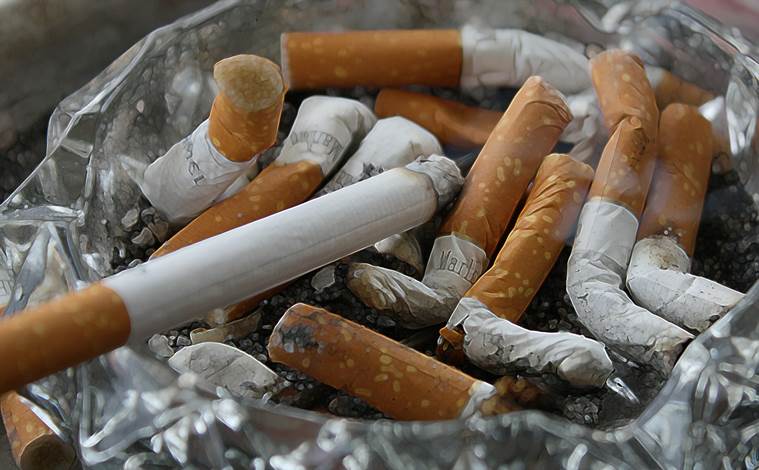"Consumption of tobacco, alcohol, a diet high in processed meat and low in fiber, obesity, and low physical activity are common causes of colon cancers," a doctor cautions

Most diseases stem from — and get aggravated by — poor lifestyle choices. Ever since the pandemic happened, people have tried to give more attention to their overall health, so as to stay disease-free.
Many people around the country continue to seek treatment for cancer, and among them, colorectal cancer is one which needs urgent attention. Dr Rahulkumar Chavan, consultant surgical oncologist, Hiranandani Hospital Vashi — A Fortis Network Hospital — says that colorectal cancer (CRC) is a disease which can be attributed to the “negative impact of changing lifestyle and food habits”.
“It is often called a ‘western lifestyle disease’. Consumption of tobacco, alcohol, a diet high in processed meat and low in fiber, obesity, and low physical activity are common causes of colon cancers,” he says.
What is it?
Dr Chavan explains that colon is a part of our digestive system. As the food keeps passing along the digestive tract, nutrients within it get absorbed. The colon, also called large intestine, turns the liquid form of unused food into solid by absorbing water, which is expelled as feces or stool.
CRC is a disease in which cancer cells form in the tissues of the colon or the rectum. “Our body has around 30 trillion cells which have pre-programmed rules governed by genes about how to behave. In simple words, cancer cells have psychopaths within; they defy all these rules and multiply fast, grow out-of-control, invade nearby structures of our body, and can spread to a distant location within the body in late stages to form a new tumor,” he says.
Signs and symptoms
It is generally seen in a population above the age of 45, with complaints of changes in bowel habits like repeated history of constipation or diarrhea, bloating, the passage of blood or mucus in the stool, unexplained weight loss, easy fatigability, pain or swelling in the abdomen or drop in hemoglobin levels, during routine investigations. Persons with a strong family history of CRC may have these features in their 20s, too.
Delayed diagnosis
“Compared to other digestive cancers, CRC has a far better prognosis; still, early diagnosis is of utmost importance. Often, it could be a minor sign or symptom, such as a change in stool colour to red or black, which should be immediately consulted. At times, bleeding from the rectum is assumed to be due to common ailments like piles,” the doctor explains.

Early screening for early detection
Colonoscopy at the age of at least 45 is important for the average-risk population. Patients having a family history of CRC or those showing signs/symptoms should seek early colonoscopy after discussion with a doctor. The frequency of repeat colonoscopy will be decided in accordance with the patient’s age, family history, and findings of the first colonoscopy, Dr Chavan says.
Lifestyle modification for prevention
* Avoid smoking and alcohol consumption which are carcinogenic.
* Studies suggest avoiding high-calorie foods, red and processed meat also reduce the risk of CRC.
* Perform regular exercise with moderate intensity (for at least 30 minutes).
* Maintain healthy body weight to minimise the chances of CRC.
* Eat a diet rich in vegetables, fruits and whole grains which are high in fiber. High-fibre diet not only reduces the risk of CRC, but also of heart diseases.
For more lifestyle news, follow us: Twitter: lifestyle_ie | Facebook: IE Lifestyle | Instagram: ie_lifestyle
Source: Read Full Article
